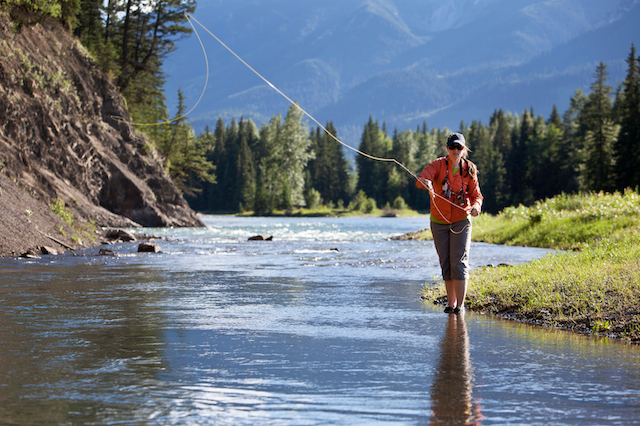Fishing is more than just a pastime; it’s a way to connect with nature, relax, and enjoy the great outdoors. However, as anglers, we have a responsibility to practice ethical fishing to ensure that fish populations and aquatic ecosystems remain healthy for future generations. Here are some best practices for ethical fishing:
1. Catch and Release
One of the most effective ways to practice ethical fishing is through catch and release. This method allows fish populations to thrive by giving caught fish a chance to return to their habitats. To increase the chances of survival for released fish:
- Use barbless hooks to minimize injury.
- Handle fish gently, avoiding contact with their gills and eyes.
- Keep the fish in the water as much as possible to reduce stress.
- Use a wet towel or your wet hands to handle the fish, preventing damage to their protective slime coating.
2. Adhere to Size and Bag Limits
Size and bag limits are regulations set by local wildlife authorities to prevent overfishing and ensure sustainable fish populations. Always check and adhere to these limits before heading out:
- Measure your catch to ensure it meets the minimum size requirements.
- Keep only the number of fish allowed by local regulations.
- Release undersized or over-limit fish back into the water immediately.
3. Respect Fishing Seasons
Fishing seasons are established to protect fish during their breeding periods. Observing these seasons helps maintain healthy fish populations:
- Be aware of the open and closed seasons for the species you are targeting.
- Avoid fishing during breeding seasons to give fish a chance to reproduce and replenish their populations.
4. Use Selective Fishing Gear
Selective fishing gear helps target specific species and sizes, reducing bycatch (the capture of unintended species):
- Use the appropriate gear for the species you are targeting.
- Avoid using overly large nets or traps that can capture non-target species.
- Consider using circle hooks, which are less likely to be swallowed and cause internal injuries.
5. Minimize Bycatch
Bycatch can be detrimental to non-target species and the overall ecosystem. To minimize bycatch:
- Use gear modifications, such as bycatch reduction devices (BRDs) and turtle excluder devices (TEDs).
- Avoid fishing in areas known for high bycatch rates.
- Release non-target species as quickly and gently as possible.
6. Respect Marine Protected Areas
Marine Protected Areas (MPAs) are designated regions where fishing is restricted or prohibited to conserve marine life and habitats:
- Familiarize yourself with the locations of MPAs in your fishing area.
- Avoid fishing in these areas to support conservation efforts.
- Support initiatives that protect critical habitats and biodiversity.
7. Proper Disposal of Waste
Improper disposal of fishing lines, hooks, and other waste can harm marine life:
- Always bring a trash bag to collect and dispose of your waste properly.
- Recycle fishing lines at designated collection points.
- Remove any discarded fishing gear from the water to prevent entanglement of marine animals.
8. Educate and Advocate
Knowledge is power. Educate yourself and others about the importance of ethical fishing practices:
- Share information about sustainable fishing with fellow anglers.
- Participate in local conservation efforts and clean-up activities.
- Advocate for policies that protect aquatic environments and promote sustainable fishing practices.
Ethical fishing is about more than following regulations; it’s about fostering a deep respect for nature and the fish we pursue. By practicing catch and release, adhering to size and bag limits, respecting fishing seasons, using selective gear, minimizing bycatch, respecting marine protected areas, properly disposing of waste, and educating others, we can all contribute to the sustainability of our aquatic ecosystems. Let’s ensure that future generations can enjoy the thrill of fishing just as much as we do today.
Tight lines and happy fishing!
sign up for the latest in fishing news
Follow the Fishing Den!
AFFILIATE DISCLOSURE: One or more of the products featured in our posts come from our advertising partners. We may receive compensation when you click on links to those products. Revenue from affiliate advertising helps us offset the cost of operating The Fishing Den website.
